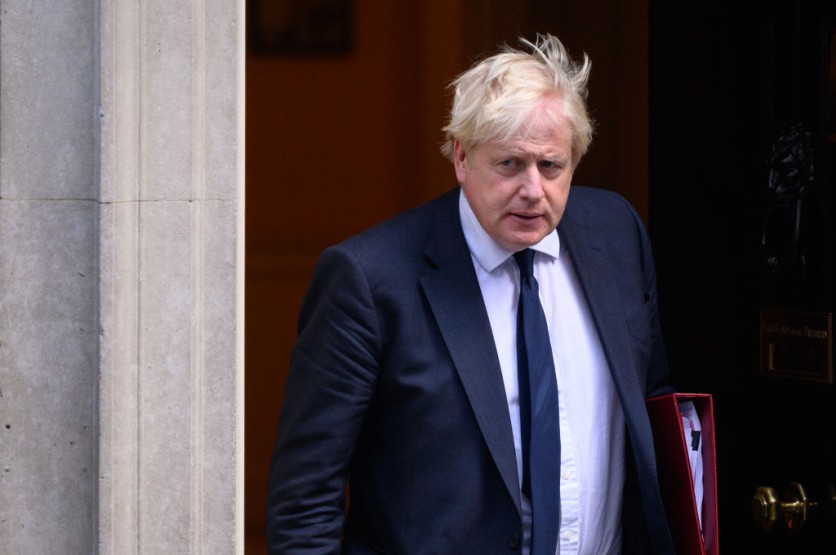
UK Prime Minister Boris Johnson had promised to finally present the online harms bill to parliament before Dec. 25 after it was delayed for years.
This is in response to the killing of David Arness, a member of the parliament who was stabbed to death last week.
UK Prime Minister to Tackle Online Harms Bill
Johnson made his comments after politician Keir Starmer urged him to work together in clamping down online extremism, according to CNN.
Johnson also agreed to another of Starmer's requests that the online harms bill would include criminal sanctions against tech company bosses who do not do enough to fight harmful and illegal content.
Johnson promised that the online harms bill debate would happen before Christmas, according to Independent.co.
However, the government have rowed back on Johnson's commitment to criminal sanctions for tech company bosses.
The new culture secretary, Nadine Dorries, is minded to take a tougher approach to sanctions as she has first-hand experience of online abuse.
The proposals include deferred powers on new criminal offences, and the bill already has the power to issue fines, but any change to implement criminal sanctions immediately would be hardening of the proposals.
Johnson has promised to present the new bill to parliament before Christmas, but that prospect was played down by Whitehall sources, saying that would give them only five days to re-draft the entire bill between the pre-legislative scrutiny committee reporting and the bill being presented in parliament.
Pressured by Starmer
After being pressed by Starmer on the measures that he would take, Johnson had agreed with the idea of a cross-party approach but also cited partisan criticisms, according to The Evening Standard.
Starmer started his questions by noting the tributes to Arness given by parliament members from all parties in the Commons on Oct. 18.
Starmer said that he wants to see if they can use that collaborative spirit to make progress on one of the issues that were raised, which is tackling violent extremism. He also asked about the progress of the online safety bill, which was first introduced in 2018.
Starmer asked Johnson if he would build on the desire shown by the house to get things done and commit to bringing forward the second reading of the online safety bill by the end of the year as they will support it if he does.
Johnson then replied by pledging the bill would complete all the stages before Dec. 25. He then corrected himself after being prompted by Priti Patel, the home secretary, who was sitting next to him. He then said that he would bring it forward before Christmas in the way that he suggested.
Starmer then pressed on changes to the proposed online bill, asking that even though tough criminal sanctions are clearly needed, yet under the government's current proposals, directors of platforms failing to crack down on extremism would still not face criminal sanctions.
In a later answer, the Prime Minister appeared to agree to Starmer and said that they would have criminal sanctions with tough sentences for those who are responsible for allowing foul content to say and spread on the internet.
Tech CEOs of major social media platforms, including Facebook, has been releasing features that makes it safer for users to go online, especially teenagers.
Read also: Facebook: 3-Tier System for Banning Groups, Pages, and MORE Appears Online as 4,000 Names Leak
This article is owned by Tech Times
Written by Sophie Webster
![Apple Watch Series 10 [GPS 42mm]](https://d.techtimes.com/en/full/453899/apple-watch-series-10-gps-42mm.jpg?w=184&h=103&f=9fb3c2ea2db928c663d1d2eadbcb3e52)



